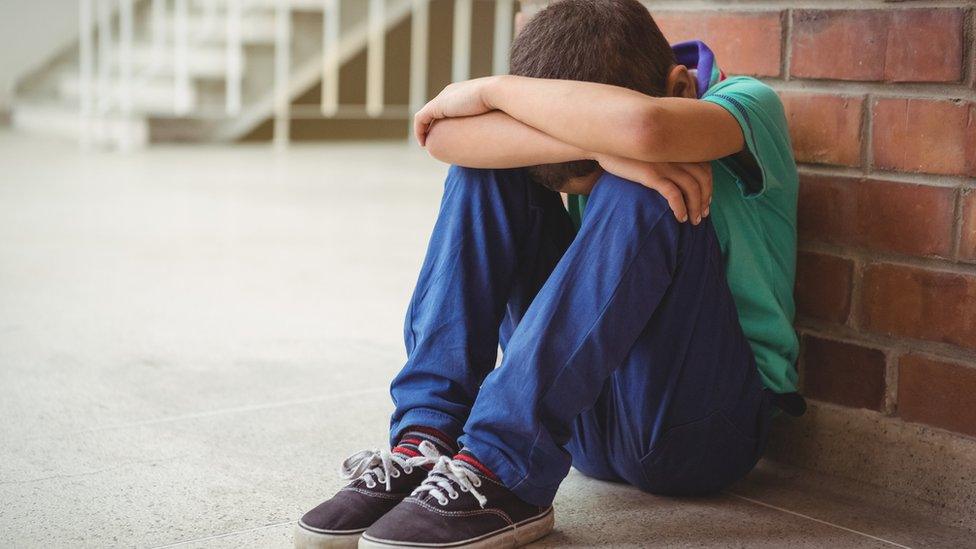Court service calls for improvements to child witness interviews
- Published

Changes should be made to improve the way evidence is taken from child and vulnerable witnesses, according to a new report.
Video recordings of their evidence should be more widely used in court proceedings, said the Scottish Courts and Tribunals Service (SCTS).
Their new report, external claimed the move would protect the witnesses from the potential trauma of appearing in court.
About 4,900 interviews with vulnerable under 16s are carried out every year.
Known as joint investigative interviews (JILs), they are conducted jointly by police officers and social workers.
Recordings of these interviews can be used as evidence in chief in criminal proceedings but the report found they are not used as much as they could be.
In a drive to improve their quality and consistency, the report made a series of 33 recommendations.
They included:
Better training of police and social workers to improve skills in interviewing children;
A standardised approach to training so smaller numbers of interviewers are trained to a higher standard;
Funding to provide urgent replacement of existing recording equipment and the provision of encryption capacity.
SCTS chief executive Eric McQueen said the report helped identify how best to capture complete, reliable and accurate evidence as soon as possible after an incident is reported.
He added: "If we get that initial process right, the chances are increased of a child or vulnerable witness not having to give their evidence again if there are legal proceedings. It also increases the chance of a trial process that is fair to all concerned, and minimises the risk of further trauma to any alleged victim or witness."
The report also looked at extending visual recording of interviews to children who do not qualify for a JIL and other vulnerable witnesses.
About 50,000 investigative interviews and witness statements with people under 18 are carried out every year.